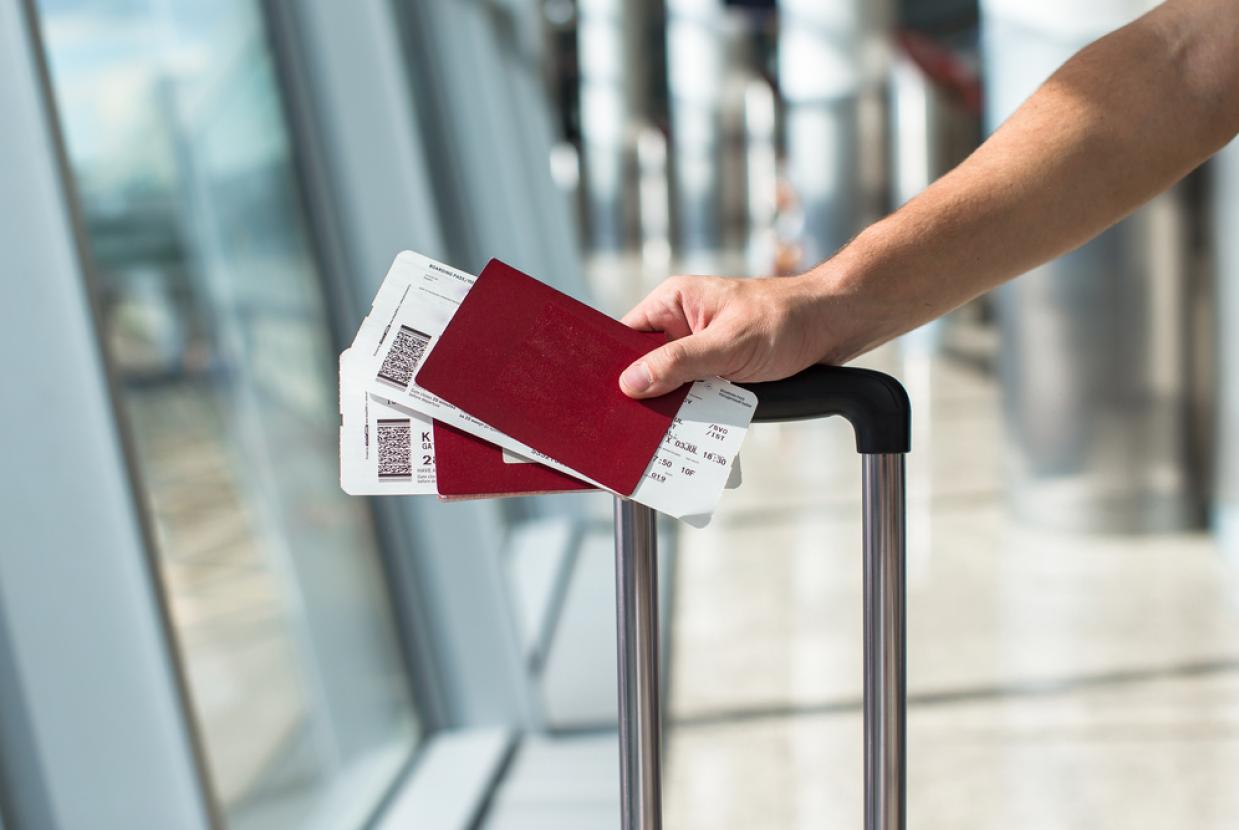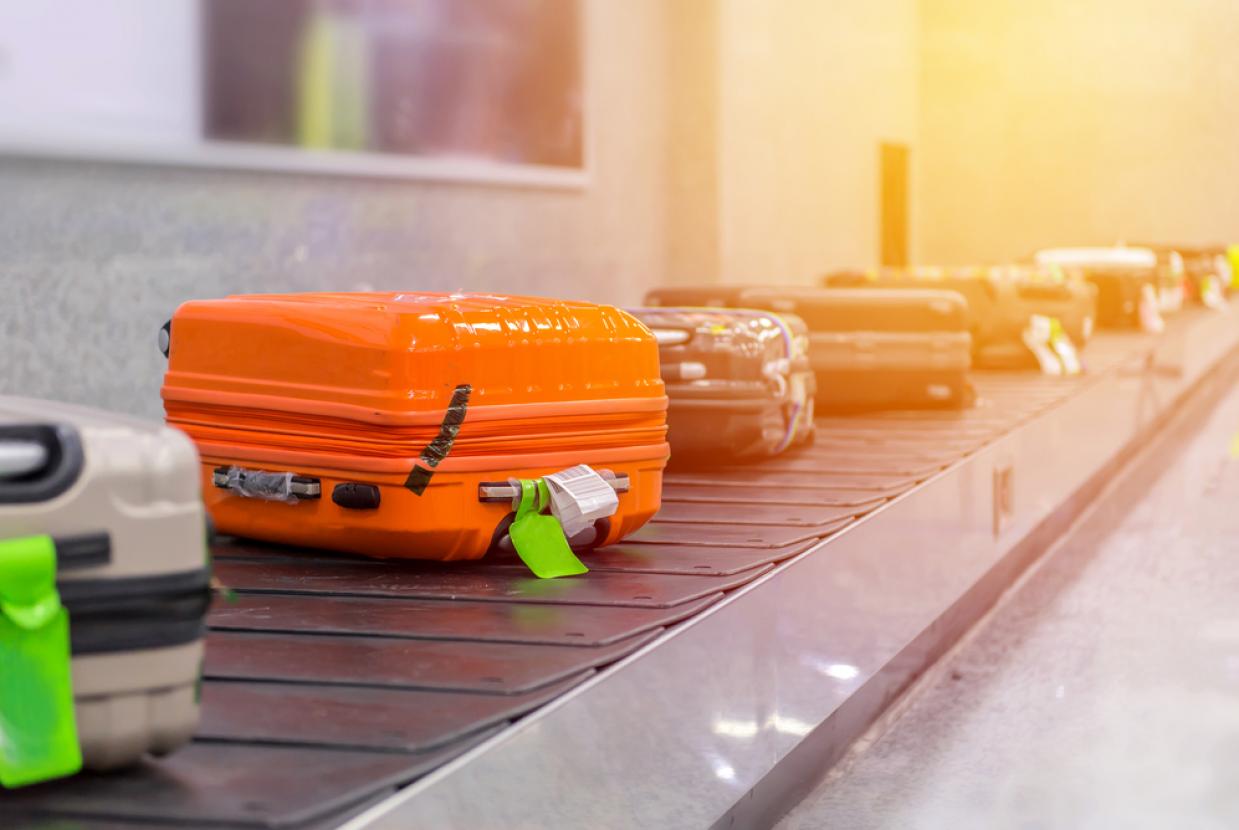Plan Ahead For Easter Travel
Consumer Rights & AdviceWith the countdown on to the Easter break and many looking forward to travelling during the holidays, we are advising consumers to plan ahead for easier journeys. Whether you are planning to travel via public transport, air or sea, we have put together some useful guidance to help take the stress out of travel and to save you money.
Head of Transport Policy at the Consumer Council, Michelle Kelly said:
“We are encouraging consumers to plan ahead before the Easter holidays, whether they are heading away or travelling locally.
“Planning ahead can save you time and money. There are steps you can take ahead of your trip, such as shopping around for your travel money or getting insurance that covers your needs.”
Michelle also advises following travel updates closely before you set off, so you know about any potential disruptions.
“Unfortunately plans can be disrupted by sudden and unforeseen events such as bad weather, so check travel updates,” she said.
“It is important to also be up to date with news on industrial action, road works or service interruptions and then you can figure these into your plans.”
Top ten tips for Easter travel
- Be flexible when booking. Consider flexible airfares and accommodation with a cancellation option. They may be a bit more expensive but could save you money if you are forced to cancel your trip for personal reasons.
- Check your passport. If you need to apply for a new passport to travel, check with the passport issuer how long in advance of your travel date you should apply. Always apply well in advance as a delay in issuing passports could mean you will be unable to travel. The length of time you need on your passport’s validity depends on the country you are visiting. Always check the requirements before booking your tickets.
- Get a Global Health Insurance Card (GHIC). If travelling to EU countries, a GHIC card will give access to health care at a reduced cost or sometimes for free.
- Pre-book special assistance. If you have a disability or reduced mobility, ensure you get the assistance you need. This needs to be booked at least 48 hours in advance.
- Check public transport timetables. If you are planning to use public transport for any part of your journey it is a good idea to check out timetables which can be different during public holidays.
- Check airport parking charges. Pre-booking car parking can save you money.
- Check the latest travel updates. Check with your airline/airport or ferry operator for the most up to date travel advice and information and leave plenty of time to allow for unforeseen delays such as traffic jams or queues going through airport security.
- Know your rights. It is important to know your consumer rights when it comes to delayed or cancelled flights or sailings. You may be entitled to a refund and compensation. Full details are available at https://bit.ly/consumerrightsandtravel and copies of the Plane Facts and Plain Sailing guides are available for download or order.
- Know hand luggage allowances and restrictions. These vary between airlines and are often strictly enforced. Check airport security procedures particularly regarding liquids in hand luggage, be mindful that different airports may have different rules.
- Check for roaming charges. If travelling to EU countries, check with your mobile phone provider if you will experience roaming charges. You can limit any roaming charges by turning off your mobile data roaming and using Wi-Fi where possible. https://bit.ly/mobileroaming24


























